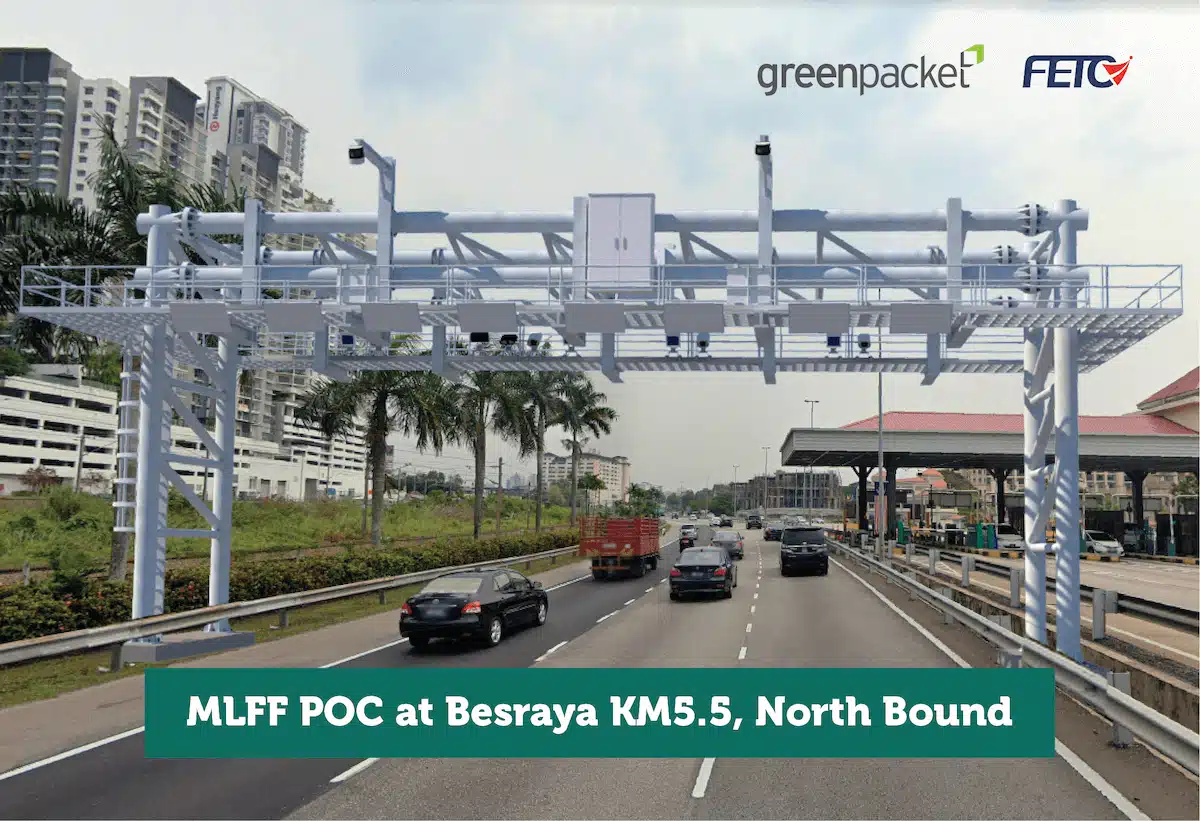The Malaysian Highway Authority (LLM) has announced its plan to launch the initial phase of the Multi-Lane-Fast-Flow (MLFF) Proof of Concept (POC) using a blend of Radio Frequency Identification (RFID) and Automated Number Plate Recognition (ANPR). The MLFF is a toll collection system that permits the smooth collection of tolls without the need for vehicles to decelerate. Works Minister Alexander Nanta Linggi has recently disclosed that Sungai Besi Expressway (Besraya) will be the first location for the MLFF POC, and it will be put into operation by the conclusion of October 2023.
The MLFF Technical Committee, along with the Value Assessment Lab and Value Engineering Lab, both arranged by diverse technical agencies, has analyzed and selected the combination of RFID and ANPR technology for the MLFF. It is worth noting that similar technology has been deployed globally for different MLFF implementations. The MLFF proof of concept will require the placement of complete MLFF gantries to evaluate the efficacy of the MLFF front-end gantries against the primary performance index set by highway operators.

As part of the transition towards the MLFF, the Works Ministry has stated that a total of 11 highways will introduce an open payment system that will allow highway users to pay via debit and credit cards in addition to the Touch ‘n Go option. The participating highways will feature one lane that accommodates the use of credit and debit cards. With an allocation of RM3.46 billion, the Works Ministry also aims to implement the MLFF entirely by the third quarter of 2024.
Before the toll barriers can be removed, multiple matters must be resolved by various ministries, including the formulation of a comprehensive legal framework to tackle toll evaders. Upon the removal of barriers, toll leakages are expected to occur, necessitating highway operators to ensure that all vehicles are tracked and charged appropriately. For efficient tracking of vehicles using ANPR technology, standardized plates must be enforced more strictly, given that the usage of fancy plates remains an issue in Malaysia.

